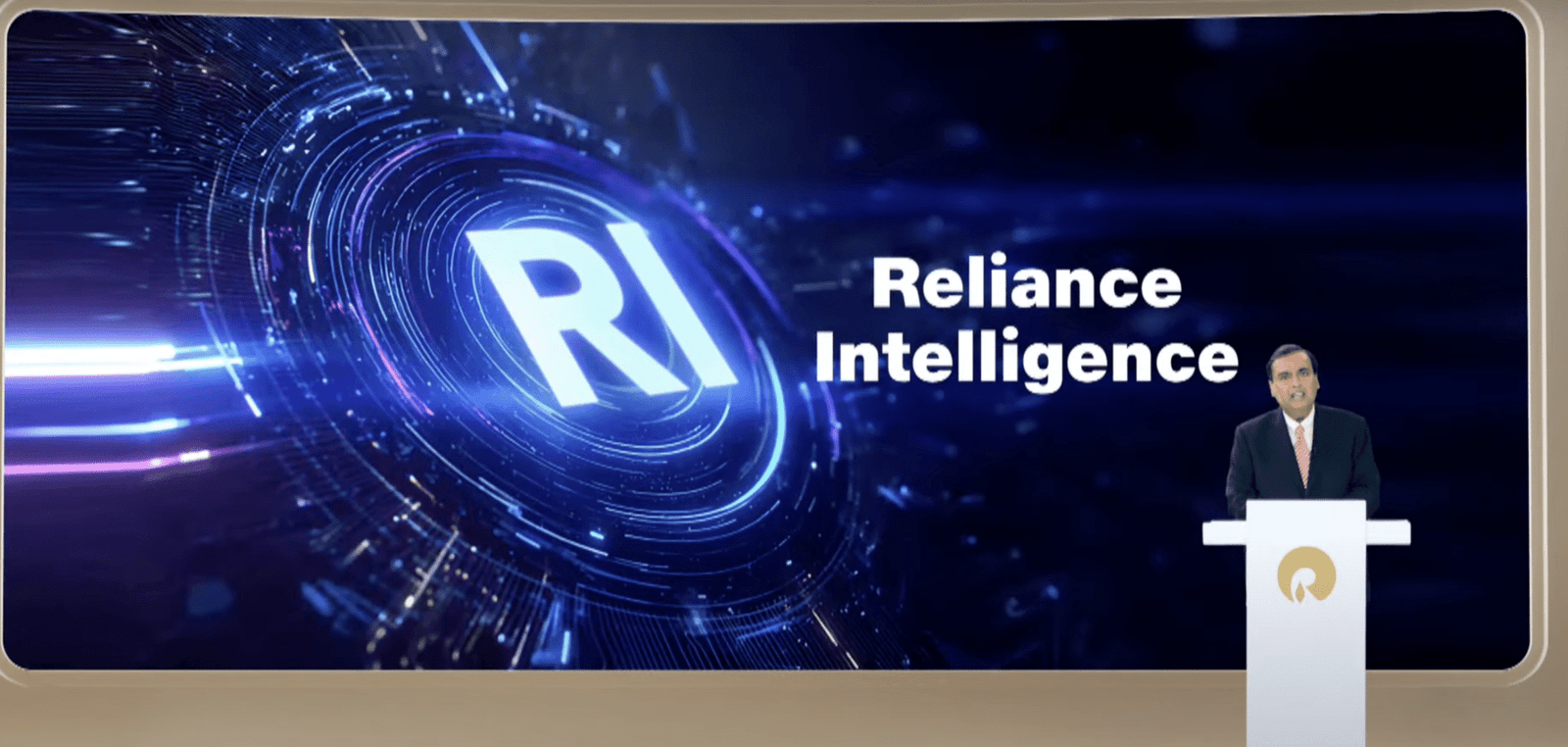Jobs & Careers
5 Fun Python Projects for Absolute Beginners

Image by Author | Canva
Sometimes, just learning by reading rules or following tutorials can get boring and you may lose interest. The best way to learn is by building fun projects that keep you engaged and energized. In this article, I’ll share 5 beginner-friendly Python projects that teach core programming principles and practical techniques that you’ll keep using. Let me walk you through them in an order that’s perfect for beginners.
1. Pomodoro Timer App
Tutorial Link: https://youtu.be/uUWG5cm2Los?si=Df0bHbolhXCZVNzR
Learn the classic Pomodoro technique by building this simple timer app in Python with Alina Chudnova. In her 2022 tutorial, she guides you through setting up a countdown timer, Play/Pause/Reset controls, and visual feedback. It is perfect for understanding event-driven programming and tkinter. You’ll also learn time handling and basic GUI layout, turning repetitive study sessions into an interactive tool you own.

2. Note Taking App with Speech Recognition
Tutorial Link: https://youtu.be/z-3ITXhRfKE?si=alt6hgKgQS3fTval
Patrick Loeber’s “Note Taking App with Speech Recognition and the Notion API” walks you through creating a voice-powered note-taking assistant. You’ll implement Python’s speech_recognition, Nest it within a loop so it listens continuously, and connect it to Notion via API calls. You not only learn speech-to-text conversion but also real-world data handling and API integration. You will end up with a tool you’d actually use to capture voice into organized notes.

3. AI Virtual Painter
Tutorial Link: https://youtu.be/ZiwZaAVbXQo?si=T_DQiwAb1RxIE8xo
This project turns your webcam and a colored marker into a magic paintbrush using OpenCV. You’ll detect colors, track movement frame by frame, and draw in real-time. It’s an excellent crash course in computer vision fundamentals. You will learn about HSV color space, contour detection, and building an interactive visual application. The satisfaction of literally painting with code makes it a fun hands-on experience.

4. PyPhotoshop: Image Editing in Python
Tutorial Link: https://youtu.be/4ifdUQmZqhM?si=Xv-MKFOuw8-gEFWj
Build your own mini-Photoshop using Python libraries like Pillow or OpenCV. You’ll learn to apply filters, crop, rotate, add text, and more. This project teaches you how to manipulate pixels, chain image operations, and handle user input. It’s a great intro to image processing, and you’ll get to experiment with real visual effects on your own photos.

5. Tower Defense Game
Tutorial Link: https://www.youtube.com/live/iLHAKXQBOoA?si=UQnzcYMHp8HkS-eA
Get into game dev by creating a tower-defense-style game with pygame or tkinter. You’ll manage enemy spawning, movement, collision detection, shooting logic, scoring, and even object‑oriented design. It’s a fun, playable way to learn loops, classes, and real-time user interaction with level progression. On a side note, its a 12-hour live stream so take your time but it was a great learning resource that I couldn’t miss mentioning this.

Wrapping Up
That’s the lineup! Pick a project that grabs you, open your code editor, and start building.
Pro tips to stay motivated:
- Begin simple. Projects are ordered for a reason.
- After finishing, personalize it: add a GUI, new features, or share with friends.
- For debugging, using print statements, breakpoints, and stepping through code can also help you understand and fix issues. If you get stuck, my 7 Python Debugging Techniques Every Beginner Should Know article can help.
Kanwal Mehreen Kanwal is a machine learning engineer and a technical writer with a profound passion for data science and the intersection of AI with medicine. She co-authored the ebook “Maximizing Productivity with ChatGPT”. As a Google Generation Scholar 2022 for APAC, she champions diversity and academic excellence. She’s also recognized as a Teradata Diversity in Tech Scholar, Mitacs Globalink Research Scholar, and Harvard WeCode Scholar. Kanwal is an ardent advocate for change, having founded FEMCodes to empower women in STEM fields.
Jobs & Careers
NVIDIA Reveals Two Customers Accounted for 39% of Quarterly Revenue

NVIDIA disclosed on August 28, 2025, that two unnamed customers contributed 39% of its revenue in the July quarter, raising questions about the chipmaker’s dependence on a small group of clients.
The company posted record quarterly revenue of $46.7 billion, up 56% from a year ago, driven by insatiable demand for its data centre products.
In a filing with the U.S. Securities and Exchange Commission (SEC), NVIDIA said “Customer A” accounted for 23% of total revenue and “Customer B” for 16%. A year earlier, its top two customers made up 14% and 11% of revenue.
The concentration highlights the role of large buyers, many of whom are cloud service providers. “Large cloud service providers made up about 50% of the company’s data center revenue,” NVIDIA chief financial officer Colette Kress said on Wednesday. Data center sales represented 88% of NVIDIA’s overall revenue in the second quarter.
“We have experienced periods where we receive a significant amount of our revenue from a limited number of customers, and this trend may continue,” the company wrote in the filing.
One of the customers could possibly be Saudi Arabia’s AI firm Humain, which is building two data centers in Riyadh and Dammam, slated to open in early 2026. The company has secured approval to import 18,000 NVIDIA AI chips.
The second customer could be OpenAI or one of the major cloud providers — Microsoft, AWS, Google Cloud, or Oracle. Another possibility is xAI.
Previously, Elon Musk said xAI has 230,000 GPUs, including 30,000 GB200s, operational for training its Grok model in a supercluster called Colossus 1. Inference is handled by external cloud providers.
Musk added that Colossus 2, which will host an additional 550,000 GB200 and GB300 GPUs, will begin going online in the coming weeks. “As Jensen Huang has stated, xAI is unmatched in speed. It’s not even close,” Musk wrote in a post on X.Meanwhile, OpenAI is preparing for a major expansion. Chief Financial Officer Sarah Friar said the company plans to invest in trillion-dollar-scale data centers to meet surging demand for AI computation.
The post NVIDIA Reveals Two Customers Accounted for 39% of Quarterly Revenue appeared first on Analytics India Magazine.
Jobs & Careers
‘Reliance Intelligence’ is Here, In Partnership with Google and Meta

Reliance Industries chairman Mukesh Ambani has announced the launch of Reliance Intelligence, a new wholly owned subsidiary focused on artificial intelligence, marking what he described as the company’s “next transformation into a deep-tech enterprise.”
Addressing shareholders, Ambani said Reliance Intelligence had been conceived with four core missions—building gigawatt-scale AI-ready data centres powered by green energy, forging global partnerships to strengthen India’s AI ecosystem, delivering AI services for consumers and SMEs in critical sectors such as education, healthcare, and agriculture, and creating a home for world-class AI talent.
Work has already begun on gigawatt-scale AI data centres in Jamnagar, Ambani said, adding that they would be rolled out in phases in line with India’s growing needs.
These facilities, powered by Reliance’s new energy ecosystem, will be purpose-built for AI training and inference at a national scale.
Ambani also announced a “deeper, holistic partnership” with Google, aimed at accelerating AI adoption across Reliance businesses.
“We are marrying Reliance’s proven capability to build world-class assets and execute at India scale with Google’s leading cloud and AI technologies,” Ambani said.
Google CEO Sundar Pichai, in a recorded message, said the two companies would set up a new cloud region in Jamnagar dedicated to Reliance.
“It will bring world-class AI and compute from Google Cloud, powered by clean energy from Reliance and connected by Jio’s advanced network,” Pichai said.
He added that Google Cloud would remain Reliance’s largest public cloud partner, supporting mission-critical workloads and co-developing advanced AI initiatives.
Ambani further unveiled a new AI-focused joint venture with Meta.
He said the venture would combine Reliance’s domain expertise across industries with Meta’s open-source AI models and tools to deliver “sovereign, enterprise-ready AI for India.”
Meta founder and CEO Mark Zuckerberg, in his remarks, said the partnership is aimed to bring open-source AI to Indian businesses at scale.
“With Reliance’s reach and scale, we can bring this to every corner of India. This venture will become a model for how AI, and one day superintelligence, can be delivered,” Zuckerberg said.
Ambani also highlighted Reliance’s investments in AI-powered robotics, particularly humanoid robotics, which he said could transform manufacturing, supply chains and healthcare.
“Intelligent automation will create new industries, new jobs and new opportunities for India’s youth,” he told shareholders.
Calling AI an opportunity “as large, if not larger” than Reliance’s digital services push a decade ago, Ambani said Reliance Intelligence would work to deliver “AI everywhere and for every Indian.”
“We are building for the next decade with confidence and ambition,” he said, underscoring that the company’s partnerships, green infrastructure and India-first governance approach would be central to this strategy.
The post ‘Reliance Intelligence’ is Here, In Partnership with Google and Meta appeared first on Analytics India Magazine.
Jobs & Careers
Cognizant, Workfabric AI to Train 1,000 Context Engineers

Cognizant has announced that it would deploy 1,000 context engineers over the next year to industrialise agentic AI across enterprises.
According to an official release, the company claimed that the move marks a “pivotal investment” in the emerging discipline of context engineering.
As part of this initiative, Cognizant said it is partnering with Workfabric AI, the company building the context engine for enterprise AI.
Cognizant’s context engineers will be powered by Workfabric AI’s ContextFabric platform, the statement said, adding that the platform transforms the organisational DNA of enterprises, how their teams work, including their workflows, data, rules, and processes, into actionable context for AI agents.Context engineering is essential to enabling AI a
-
Tools & Platforms3 weeks ago
Building Trust in Military AI Starts with Opening the Black Box – War on the Rocks
-

 Business2 days ago
Business2 days agoThe Guardian view on Trump and the Fed: independence is no substitute for accountability | Editorial
-

 Ethics & Policy1 month ago
Ethics & Policy1 month agoSDAIA Supports Saudi Arabia’s Leadership in Shaping Global AI Ethics, Policy, and Research – وكالة الأنباء السعودية
-

 Events & Conferences3 months ago
Events & Conferences3 months agoJourney to 1000 models: Scaling Instagram’s recommendation system
-

 Jobs & Careers2 months ago
Jobs & Careers2 months agoMumbai-based Perplexity Alternative Has 60k+ Users Without Funding
-

 Funding & Business2 months ago
Funding & Business2 months agoKayak and Expedia race to build AI travel agents that turn social posts into itineraries
-

 Education2 months ago
Education2 months agoVEX Robotics launches AI-powered classroom robotics system
-

 Podcasts & Talks2 months ago
Podcasts & Talks2 months agoHappy 4th of July! 🎆 Made with Veo 3 in Gemini
-

 Podcasts & Talks2 months ago
Podcasts & Talks2 months agoOpenAI 🤝 @teamganassi
-

 Mergers & Acquisitions2 months ago
Mergers & Acquisitions2 months agoDonald Trump suggests US government review subsidies to Elon Musk’s companies

